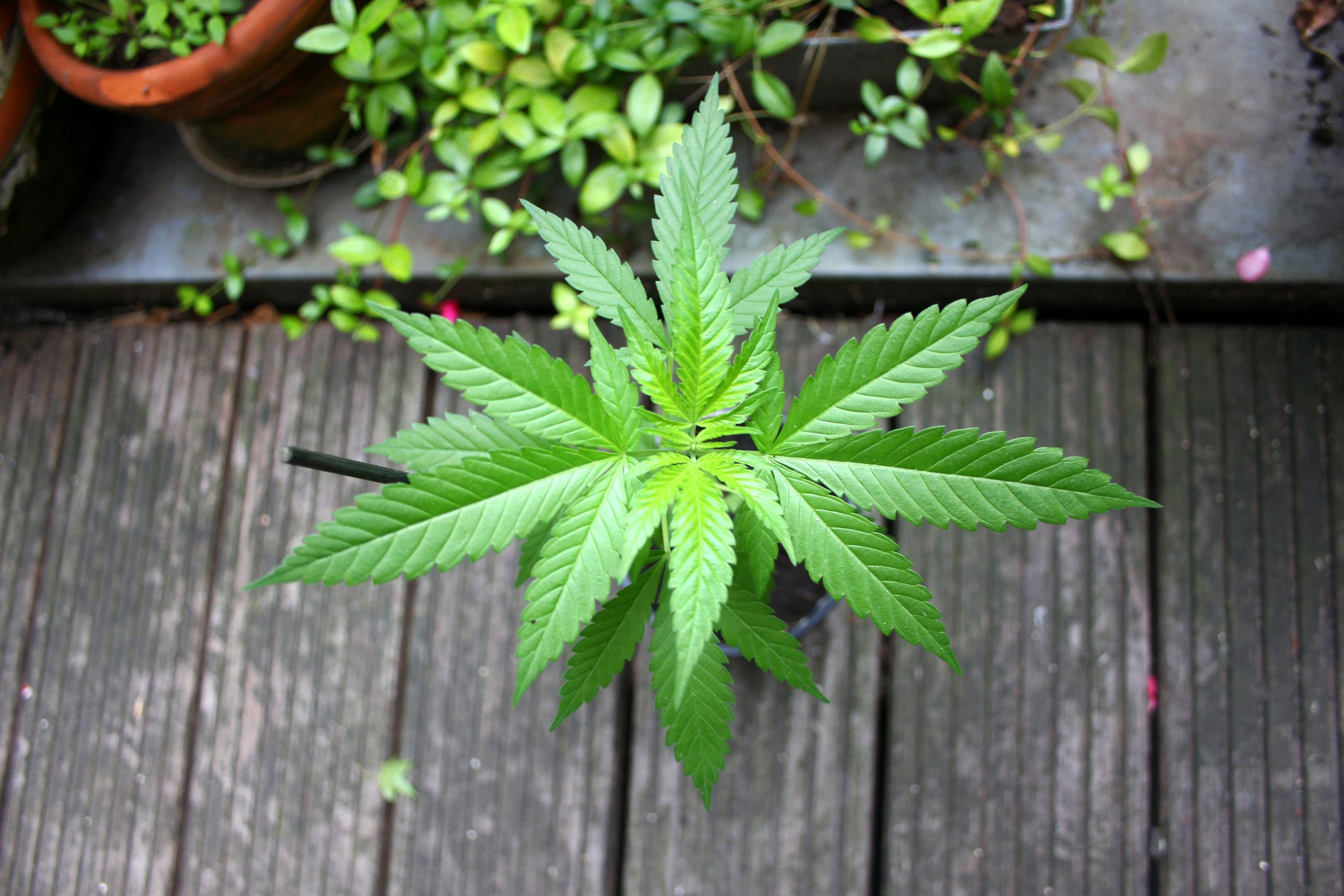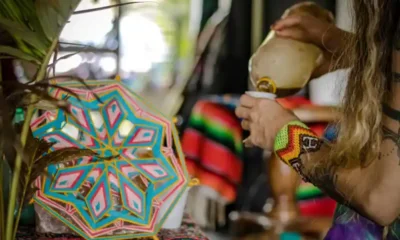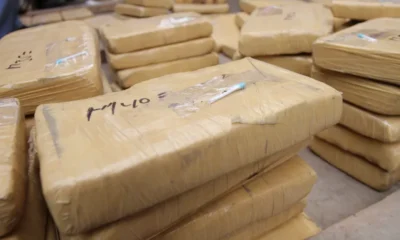Connect with us
Published
2 years agoon

A win for the Cayuga Nation and Indigenous communities, officials recently confirmed that the Nation doesn’t have to comply with local and state regulations and are allowed to cultivate and sell its own cannabis, according to a Finger Lake Times report.
The Nation is located in Seneca Falls, New York. It is a member of the Haudenosaunee or Iroquois, an alliance of Native Nations that reside in the state of New York. According to the Nation website, the people of the Cayuga Nation have called the land surrounding Cayuga Lake their home for hundreds of years. Archeologists have also found evidence of Cayuga settlements in many areas surrounding the lake, including today’s villages of Union Springs, Aurora, Cayuga, Seneca Falls, Ithaca and Canoga.
Officials told the publication that the Cayuga Nation can grow and sell cannabis within its reservation boundaries and, similar to the Nation’s other economic development initiatives, that cannabis will benefit the Nation members by generating economic growth.
Jake Brewer previously served as a head grower for a Colorado cannabis company and will now oversee the development of the Cayuga Nation’s cannabis business. He will be joined along with Bergman Associates of Rochester, an architectural design firm that will design and oversee the grow facility’s development, according to the Nation.
The Nation is currently finalizing the blueprints of a new structure, a 15,000 square-foot building for the indoor cultivation of cannabis plants, at the Gakwiyo Gardens vegetable plot at 191 Ovid St. in Seneca Falls. From there, the cannabis will be packaged and sold at undisclosed locations on Nation-owned lang in Seneca and Cayuga counties, with branding to be announced prior to the launch.
Tribal leader Clint Halftown will head up the cannabis project with the launch of the business in 2022. Halftown said the Nation’s vision for the future remains focused on bettering the lives of its members, the Cayuga community and neighbors.
“The Cayuga Nation is proud to announce plans for its cannabis cultivation operations and retail facilities,” Halftown said. “Developing our cannabis business is the next step in expanding and diversifying the Cayuga Nation’s economic opportunities and providing long-lasting benefits to the community.”
He also noted that the nation is excited to move forward with the new opportunity, which will create jobs and generate “much-needed” revenue for the Nation members. Halftown added that tribal sovereignty in the U.S. gives Native Nations the inherent authority to govern themselves free from intervention.
“Like every Native American nation or tribe, the Cayuga Nation’s inherent sovereignty protects our right to grow and sell cannabis within our reservation,’’ Halftown said, adding that the New York Office of Cannabis Management spokesperson Freeman Klopott confirmed than cannabis dispensaries are legal if they are on federally recognized sovereign tribal land.
“Therefore, while the Cayuga Nation, as a sovereign entity, is not limited or bound by local prohibitions, we remain committed to working closely with local governments to ensure the health and safety of our community,’’ Halftown said.
Halftown also said that Cayugas’ cannabis plans will not be limited by local laws prohibiting cannabis sales, so long as the sales take place within the reservation’s borders. The Seneca Falls Town Board has also not opted out of the state law allowing for commercial cannabis sales. The Union Springs Village Board opted out, but later revised its law after the Nation said it would pose a legal challenge.
The reservation allows cannabis sales at the Nation’s gas station and convenience store, as along with gas and cigarettes sold by the Nation, cannabis products will be tax-free. The Nation currently sells cannabis products at its retail station, though they are not grown or processed by the tribe.


Cresco Labs Workers Reportedly De-Unionize


Arizona Church Reaches Settlement with DEA To Allow Sacramental Use of Ayahuasca


Gov. Kathy Hochul Honors New York’s 100th Adult-Use Retail Store Opening


D.A.R.E. Officer of the Year Discusses Relative Using Medical Cannabis for Cancer


Sweden Authorities Seize 1.4 Tons of Cocaine, ‘One of the Biggest’ Seizures Ever


Uber Eats Shares ‘Dopest’ Cities With Most MJ Deliveries in British Columbia, Ontario
